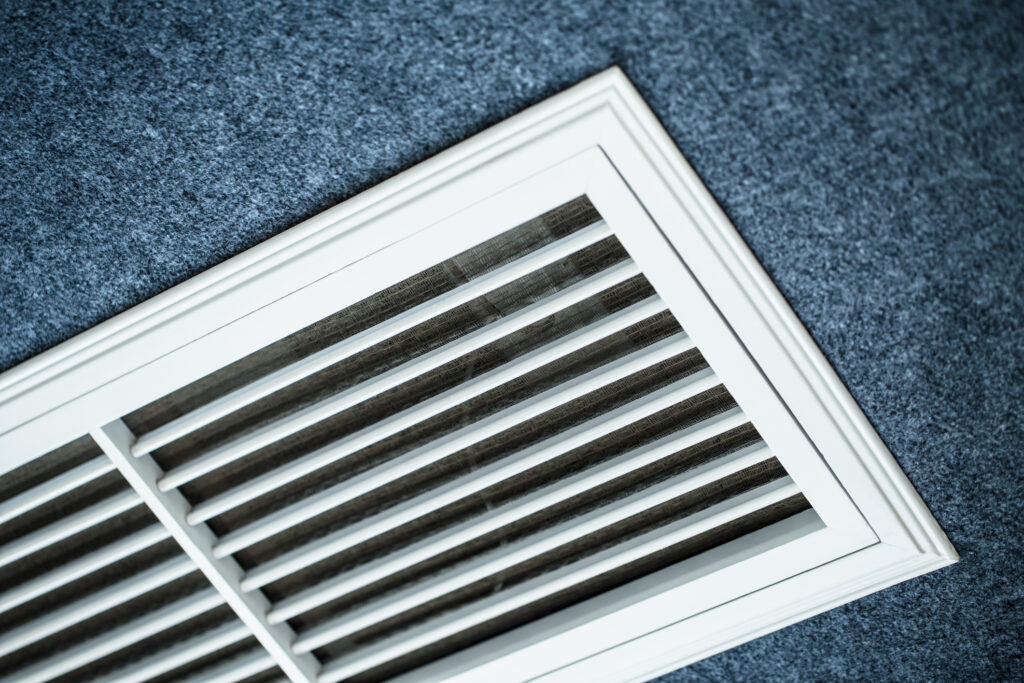 Air conditioners are a necessity for maintaining comfort during hot summer months in Des Moines, but they can also pose a hidden risk of water damage to your home. Improper installation, maintenance neglect, or system malfunctions can lead to water leakage, potentially causing extensive damage to your property. In this blog post, we will explore the ways in which air conditioners can cause water damage in the home and provide tips on how to prevent such issues.
Air conditioners are a necessity for maintaining comfort during hot summer months in Des Moines, but they can also pose a hidden risk of water damage to your home. Improper installation, maintenance neglect, or system malfunctions can lead to water leakage, potentially causing extensive damage to your property. In this blog post, we will explore the ways in which air conditioners can cause water damage in the home and provide tips on how to prevent such issues.
Air conditioners remove moisture from the air through a condensation drain line, which carries the water away from the unit. Over time, this drain line can become clogged with algae, debris, or mineral deposits. When the drain line is blocked, the water can back up and overflow, causing water damage to the surrounding area. You should regularly inspect and clean the condensation drain line to prevent water damage and clean any algae growth with a mixture of bleach and water.
Air conditioners have drain pans that collect condensation from the unit. If the drain pan is improperly installed, damaged, or rusted, it can lead to water leakage. Water can seep into the surrounding area, damaging floors, ceilings, or walls. Regularly inspect the drain pan for any signs of damage or rust and ensure the drain pan is properly installed and securely in place. You should also consider using a secondary drain pan or a water sensor alarm in case of a primary drain pan failure.
If the air conditioner’s evaporator coils become frozen, it can cause water leakage when the ice melts. This can happen due to restricted airflow, low refrigerant levels, or dirty air filters. The melting ice can overwhelm the condensate drain pan, leading to water damage. To avoid having to do water damage cleanup from frozen evaporator coils, change air filters regularly to maintain proper airflow. It is also good practice to schedule regular maintenance to check refrigerant levels and clean the evaporator coils. Try to keep vents and registers unobstructed to ensure sufficient airflow.
Air ducts distribute conditioned air throughout the home. If the ducts are leaking or damaged, cool air can escape, causing the surrounding areas to cool down and condensate to form. The accumulated moisture can lead to water damage, especially in ceilings, walls, or crawl spaces. Regularly inspect air ducts for leaks or damage and be sure to seal any gaps or holes in the ductwork with appropriate duct sealant or tape to prevent possible water damage. You should also consider having your air ducts professionally inspected and repaired if needed.
In humid climates, air conditioners not only cool the air but also remove excess humidity. If an air conditioner is unable to effectively manage high humidity levels, it can result in excessive condensation and moisture buildup. This can lead to water damage, mold growth, and a damp environment. To avoid this, ensure that your air conditioner is appropriately sized for your home’s square footage and humidity levels. You should also use dehumidifiers in areas prone to high humidity, such as basements or attics and keep windows and doors properly sealed to prevent excess moisture from entering your home.
Just remember, while air conditioners provide much-needed comfort, they can also be a source of water damage if not properly installed, maintained, or operated. If you need water damage cleanup from your AC unit this summer, be sure to call Restoration 1 of Des Moines.